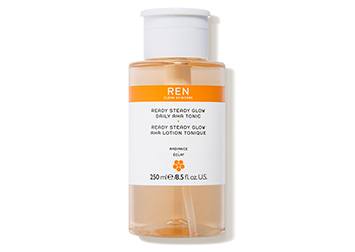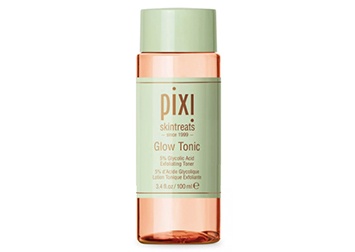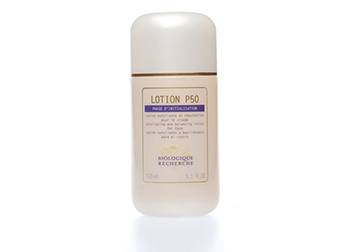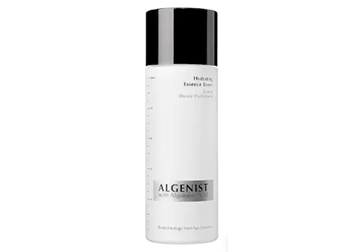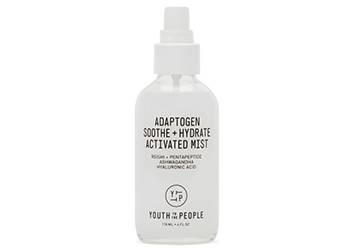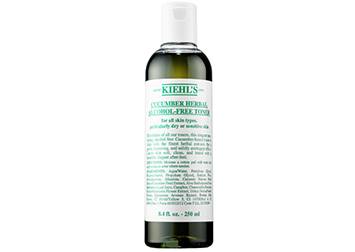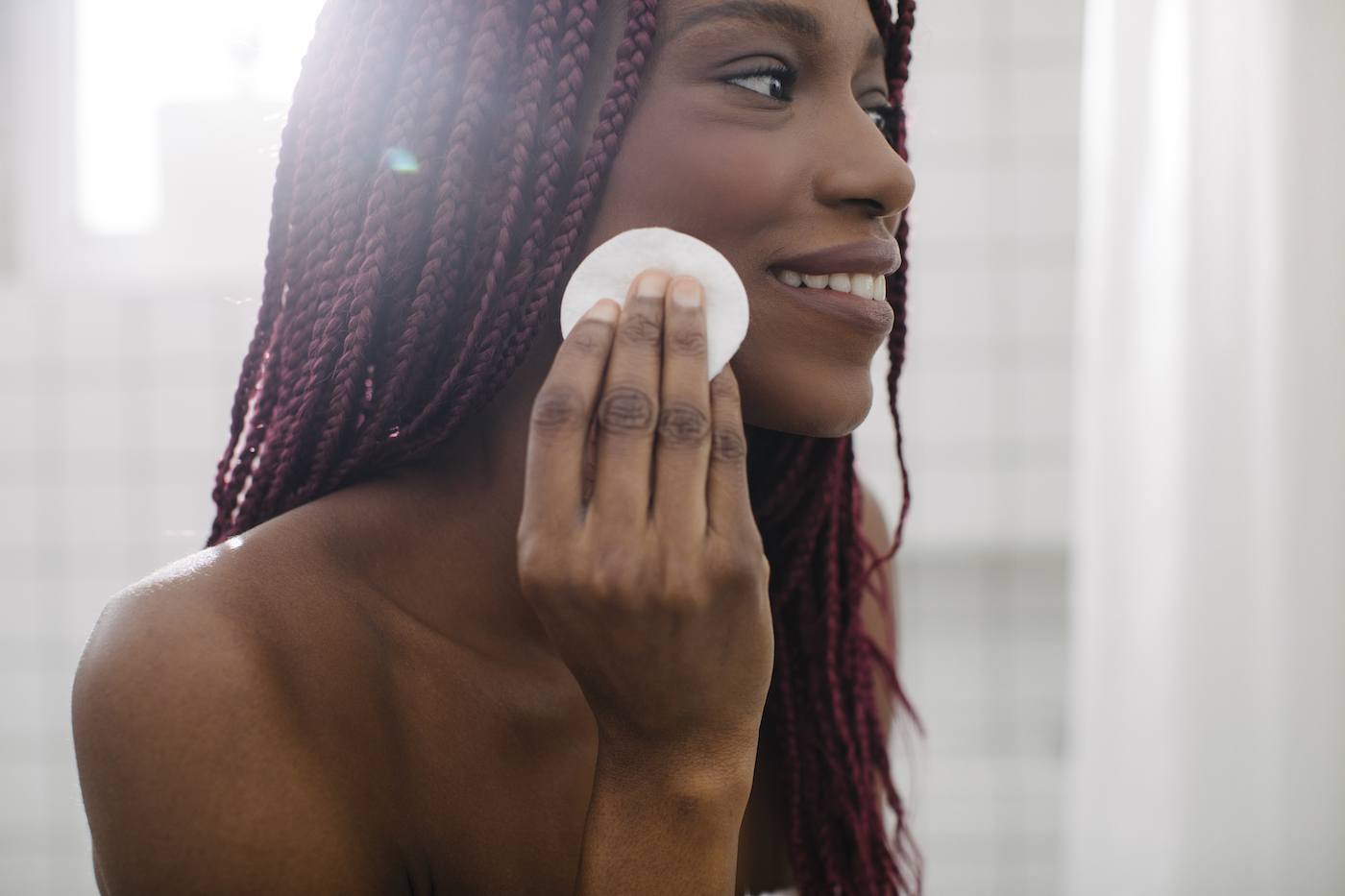
August 27, 2019 at 12:00AM by CWC
Ask any beauty expert to share their thoughts on toner, and you’re pretty much guaranteed two things: 1) they will have a strong opinion about it; 2) those opinions will be vastly different across the board.
I have been team “toner is a scam” for the last year, ever since a dermatologist told me that, as long as I was using the right cleanser, there was no need to tone. Her logic made sense: Historically, toners were used to rebalance your skin’s pH after cleanser disrupted it. The science behind it? The pH scale runs from 0 (acidic) to 14 (basic). Soaps of yore were basic and worked by agitating skin’s natural pH, which falls at about 5.5, to get rid of gunk and grime. Then, acid toners came back in to save the day and recalibrate skin. It was kind of like a chemistry equation, TBH.
As cleansers became more and more advanced, and less disruptive of the skin’s pH, acid toners sort of lost their job, in a way. So what did they do? Diversified their resumes. Over the past decade or so, the “toner” has come to mean something completely different than what it used to. What was once a singular type of product has now become an entire category that can be used for a whole lot of things besides re-balancing your skin’s pH.
Similar to serums, toners are now made with different ingredients—like vitamin E, C, antioxidants, and retinoids—that have different benefits your skin, which means that different skin types and concerns should be looking for different things on the backs of their cleansing bottles. “Nowadays, toners have evolved to be an additional post-cleansing step,” says Loretta Ciraldo, MD, a Miami-based dermatologist. “Many toners have an exfoliating or drying effect on skin. Others such as vitamin C toners, may boost antioxidant protection.” And others are used to negate and defend against the effects of “hard water.” Translation? They do a whole lot of things, which might leave us (ahem: moi) a little confused.
With all of that in mind, read on for what you should know about toner based on your skin type so you can form your own—educated—opinion on skin care’s most confusing category.
ADVERTISEMENT |
For oily skin
Acid toners have seemingly taken over the toner market, and for good reason: After cleansing, they can help chemically exfoliate skin and really slough off whatever grime and dead skin cells are hanging out on the surface of your complexion. “People with oily skin will often use an exfoliating toner,” says Dr. Ciraldo. “If you’re acne prone, look for salicylic and or glycolic in your toner.”
Shop toner for oily skin
For dry skin
Toner has always gotten a bad rap for being enemy number one for dry skin, mostly because of the alcohol-based nature of some of the old-school stuff. As anyone who’s ever woken up with a hangover yearning for a bottle of water well knows, alcohol and hydration aren’t exactly two peas in a pod. As long as you’re using the right product, your dry skin can actually benefit from the use of a hydrating toner. “If you have dry skin, look for hydrating peptides, marine extracts, and algae,” says Dr. Ciraldo.
Shop toner for dry skin
For sensitive skin
Yup—even sensitive skin can get in on the toner fun. “If you have very sensitive, rosacea-prone or overly dry skin, my recommendation is to avoid acid based toners,” says Dr. Ciraldo, which means that any of the picks listed as options for oily and acne prone skin probably shouldn’t have a home on a sensitive skinned person’s beauty shelf.
Shop toner for sensitive skin
These are the most common skin-care mistakes facialists see people make all the time. And these serums are so good, they’re basically laser treatments in a bottle.
Author Zoe Weiner | Well and Good
Selected by CWC
ADVERTISEMENT
ADVERTISEMENTUp to 30% off Gift Sets |









